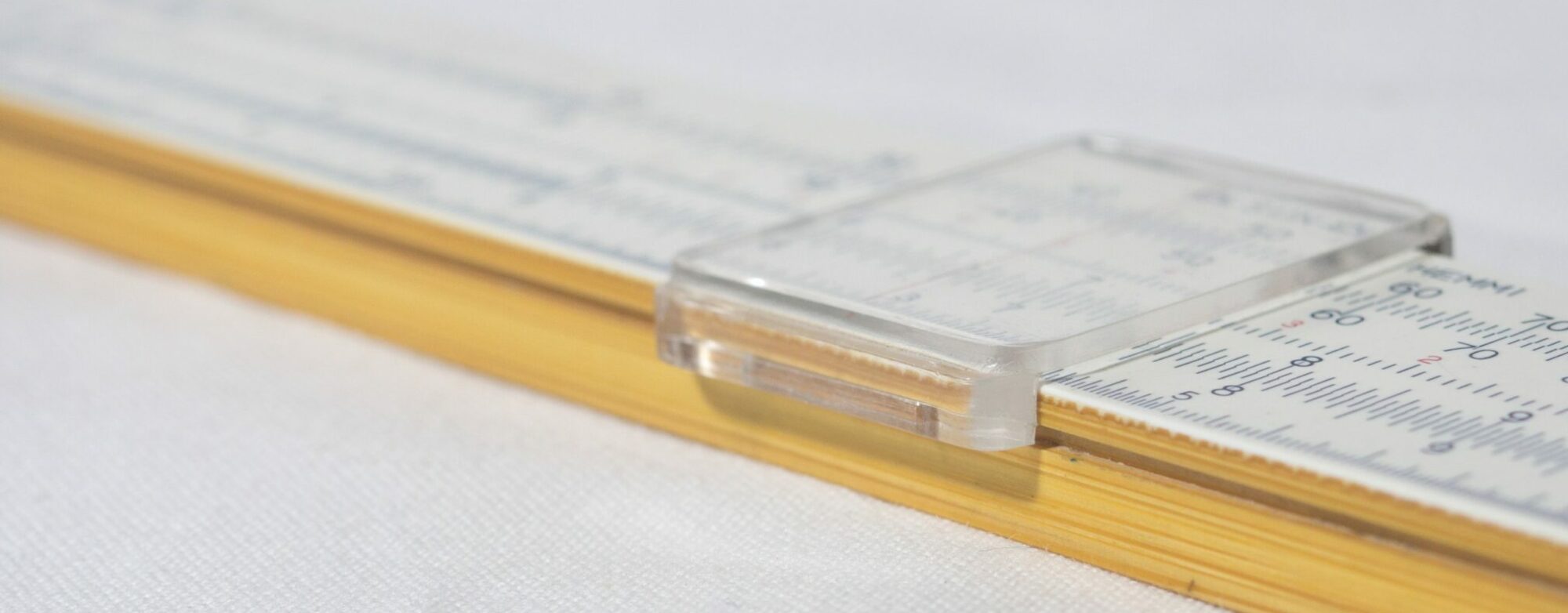I am thinking of writing some articles or recording some videos about basic programming. Would you be interested? If so, let me know what you need to learn.
Medical Physics Videos
If you watch videos on YouTube, check out Cancer Zappers by Aba. She has posted a few videos which cover a range of topics in Medical Physics. The most recent video makes an interesting comparison between staying safe from COVID and radiation. Check it out…
Thoughts on OLA
If you are participating, what are your thoughts on OLA?
My initial reaction was that OLA had relevant questions and generally good resources to help when I misunderstood something. However, after getting most of my questions finished for the year, I noticed some of the following issues.
- Some questions have wrong answers. For example, one of the questions I missed asked about neutrons and shielding. The resource given was NCRP 151 with a page number. After missing the question, I promptly opened the NCRP 151 report, found the page referenced, and saw that indeed the answer in the OLA was there, but taken out of context. The very next paragraph in the 151 report stated exactly the answer that I had picked.
- Some questions are too general to have a correct answer. In this case, one of my questions asked about surface dose. The only information given was the energy of the beam. There was no beam setup described, no delivery method/modality, no location for where the surface dose should be considered. It is impossible to know the correct answer, and if I had been lucky enough to guess the correct beam arrangement, location, etc. I may have gotten the question correct. Again, I opened the reference, or at least I tried. It was behind a pay wall as I could only find an abstract with the link provided. I searched the medical physics journals and found an article, which happened to be dated earlier than the reference given in the solution, and that article said, it depends. Exactly what I had concluded.
- Some references are not helpful. One question that I got wrong was related, at least I thought, to a simple temperature pressure correction. I reasoned about the correction factor and how that related to the chamber reading. Unfortunately, I reasoned incorrectly. No big deal, right? I had the reference. I looked at the section in the book and it was related to something different. The book specifically said, under these assumptions, this is the general pattern. However, for the question in the OLA, one could not make that assumption.
- There is no actual definition of “walking around knowledge.”
- Questions that you get wrong are repeated until you get them correct. Needless to say, there is no way to get a question correct when it has a wrong answer. Am I supposed to chose the wrong answer so that I get credit for the problem?
- Contacting the ABR for help only results in an email that says, paraphrasing, “Sorry, we have too many people taking these tests to give help to you. You have to use the resources provided in the link.” I was specifically looking for help with item 3 above. Temperature pressure corrections are a fundamental concept and I should not be getting those kinds of questions wrong. I figured I was just missing something and hoped that someone could help me get past what I was stuck on. It is like the time I was answering a Physics 110 question about how big a sand pile could be. It took forever for it to finally click that the question wasn’t asking about the size of the pile of sand, but a formula that could describe the pile of sand. The “click” however didn’t come until someone explained the problem to me. OLA doesn’t offer this kind of help and don’t even think about asking a colleague.
- There is no way to tell if you are “passing” or not. OLA requires me to answer 52 questions throughout the year. The ABR have stated in AAPM meetings that they can not do proper statistics until you have answered enough unique and valid questions. If I keep getting asked questions that I have missed, and I refuse to put the wrong answer to get the question “correct”, am I ever going to get enough questions for the ABR to determine if I have “passed”? If I disagree with other question evaluators that a question was “walking around knowledge”, why does a majority vote get to decide?
What is your experience with OLA? Is it similar to mine? Let me know!

